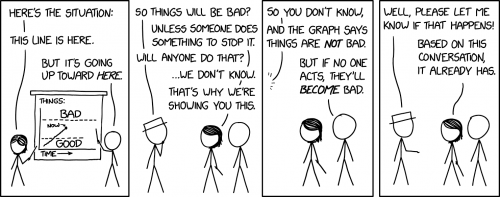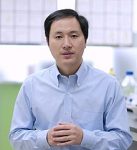The family of Henrietta Lacks has settled with Thermo Fisher over the use of their relative’s cells, a staple of tissue culture research. It was entirely confidential, which is unfortunate — it feels like it might have been a “here’s a lump of money, now shut up and go away” sort of deal, which will be a short term benefit to the family, who deserve some compensation, but now presumably the ethical discussion will just disappear.
There was an earlier agreement that I think was more significant.
Lacks’ family members have never shared in any of the untold riches unlocked by the material, called HeLa cells, and they won’t make any money under the agreement announced Wednesday by the family and the National Institutes of Health.
But they will have some control over scientists’ access to the cells’ DNA code. And they will receive acknowledgement in the scientific papers that result.
The agreement came after the family raised privacy concerns about making Henrietta Lacks’ genetic makeup public. Since DNA is inherited, information from her DNA could be used to make predictions about the disease risk and other traits of her modern-day descendants.
Under the agreement, two family members will sit on a six-member committee that will regulate access to the genetic code.
“The main issue was the privacy concern and what information in the future might be revealed,” David Lacks Jr., grandson of Henrietta Lacks, said at a news conference.
“Untold riches” is quite an exaggeration. Cell lines are mundane tools that also require ongoing investment to maintain, and while I’m sure the companies profited excessively, it wasn’t quite on the scale of selling Oxycontin. But yes, the Lacks family should get a cut.
More important than money, though, is that the family that shares Henrietta Lacks’ genetic heritage should be acknowledged and share stewardship of that legacy. I’d want that kind of control over my body, and would be resentful of any profit-making venture that stole that from me or my children. That’s the precedent we need.







